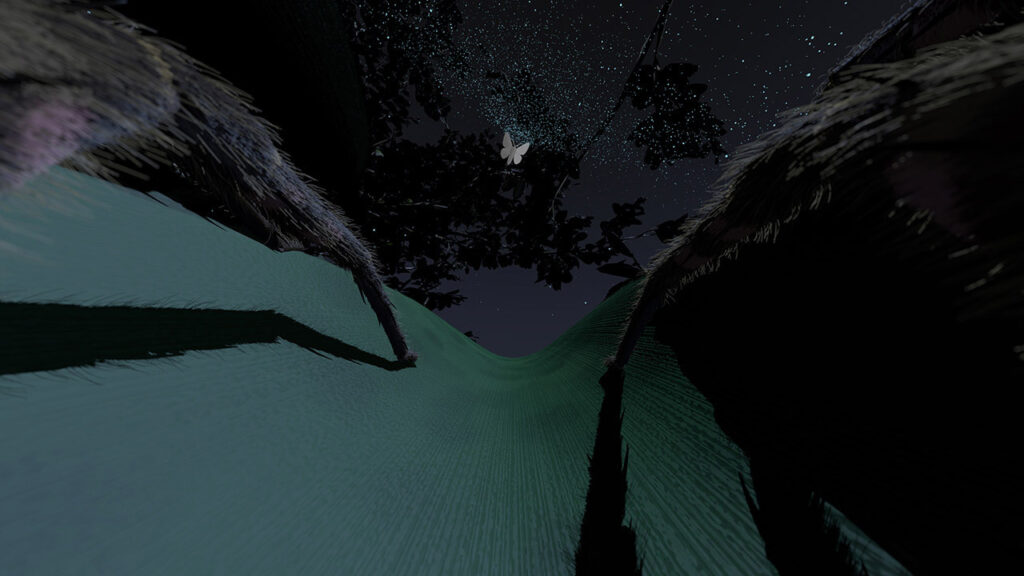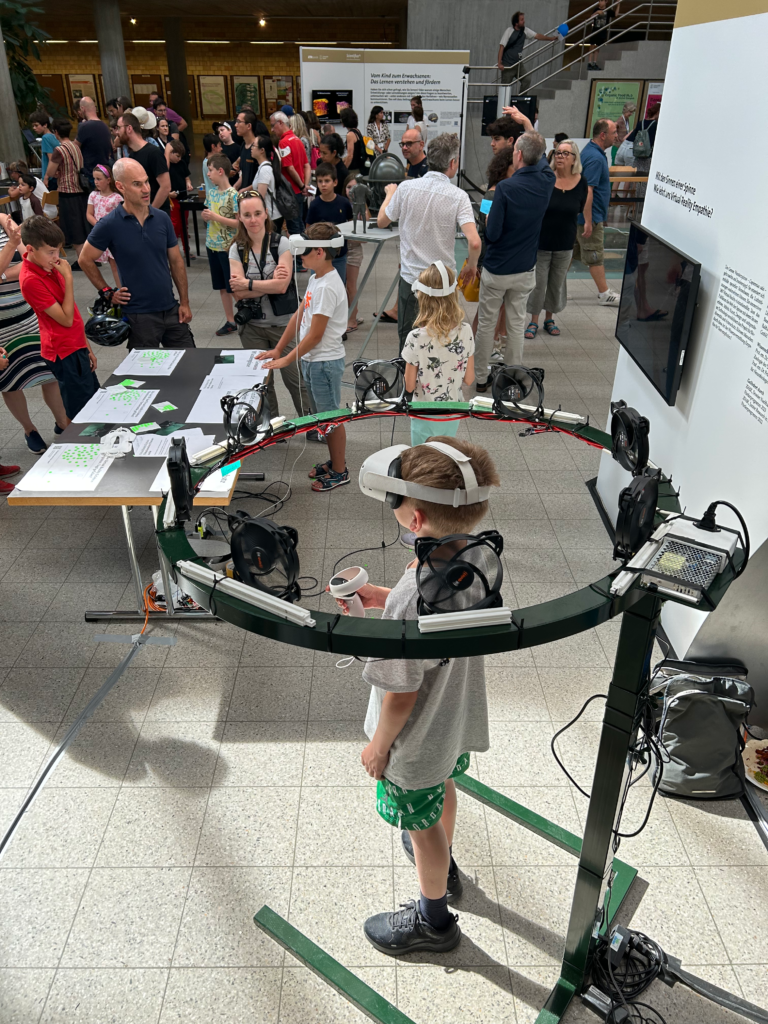The projects include innovative approaches in various areas such as health and medicine, education and science, society and communication as well as participatory research.
In the 3rd Project Call of the DIZH Innovation Program, 14 projects are being funded. Together, they present a variety of innovative approaches based on interdisciplinary collaboration, technological innovation and creative approaches. With their focus on practice, transparency, participation and sustainability, they are helping to actively shape the future.
Precise and individualized medical care
Personalized treatment decisions with Digital Twins (InnoTreat) make medical care for shoulder pathologies more precise and tailored to individual needs, while the project Advancing Information Accessibility in Hospitals Employing Large Language Models supports optimal treatment of patients in the intensive care unit. MedTwins Agil.IT creates an agile research environment for clinical AI through digital mirroring in orthopedics and accelerates the implementation of digital technologies in healthcare through cloud integration. The ConCLAS project improves non-invasive brain interventions through deep-learning analysis of EEG data and real-time closed-loop auditory brain stimulation. RareSim develops AI-based approaches to support physicians in the care of patients with rare diseases.
Tools, transparency and creative teaching approaches
The development of tools to support scientific work (Technological Support for Scientific Work, Writing and Thinking in the Age of AI) promotes digital literacy in the academic context, while a monitoring tool (Educational Policy Transparency Interface) provides a transparent insight into educational policy debates and promotes differentiated discussions through comparative trend analyses. The Digital Interfacing: The Minimalist Manifesto project shows schools ways in which they can shape digital change using existing resources. In addition, the project Computer Science and Computer Music in Schools builds a bridge between computational thinking and musical-compositional thinking.

Social responsibility and environmental awareness
The browser extension Social Influencer empowers people to respond constructively to hate speech, while Augmented Ecospheres raises awareness of environmental issues through innovative communication methods and artistic staging. Another project called Being a Spider – Virtual Realities as Spaces for Learning and Experience enables a unique change of perspective through virtual reality and thus also contributes to the understanding of complex topics such as biodiversity.
Sustainable agriculture and barrier-free mobility
AgroPionier uses citizen science to network farmers in order to generate new knowledge about the cultivation of niche crops. In this way, the project makes an important contribution to diversification and climate adaptation in agriculture. Through participatory research, ZuReach improves accessibility in Zurich for people with mobility impairments using digital technology.
Financial support for these projects is provided via the DIZH special credit, which includes funding contributions of CHF 100,000 to 300,000 per project. In addition, the universities participate equally in the financing through matching funds. The duration of the projects is between one and three years.
